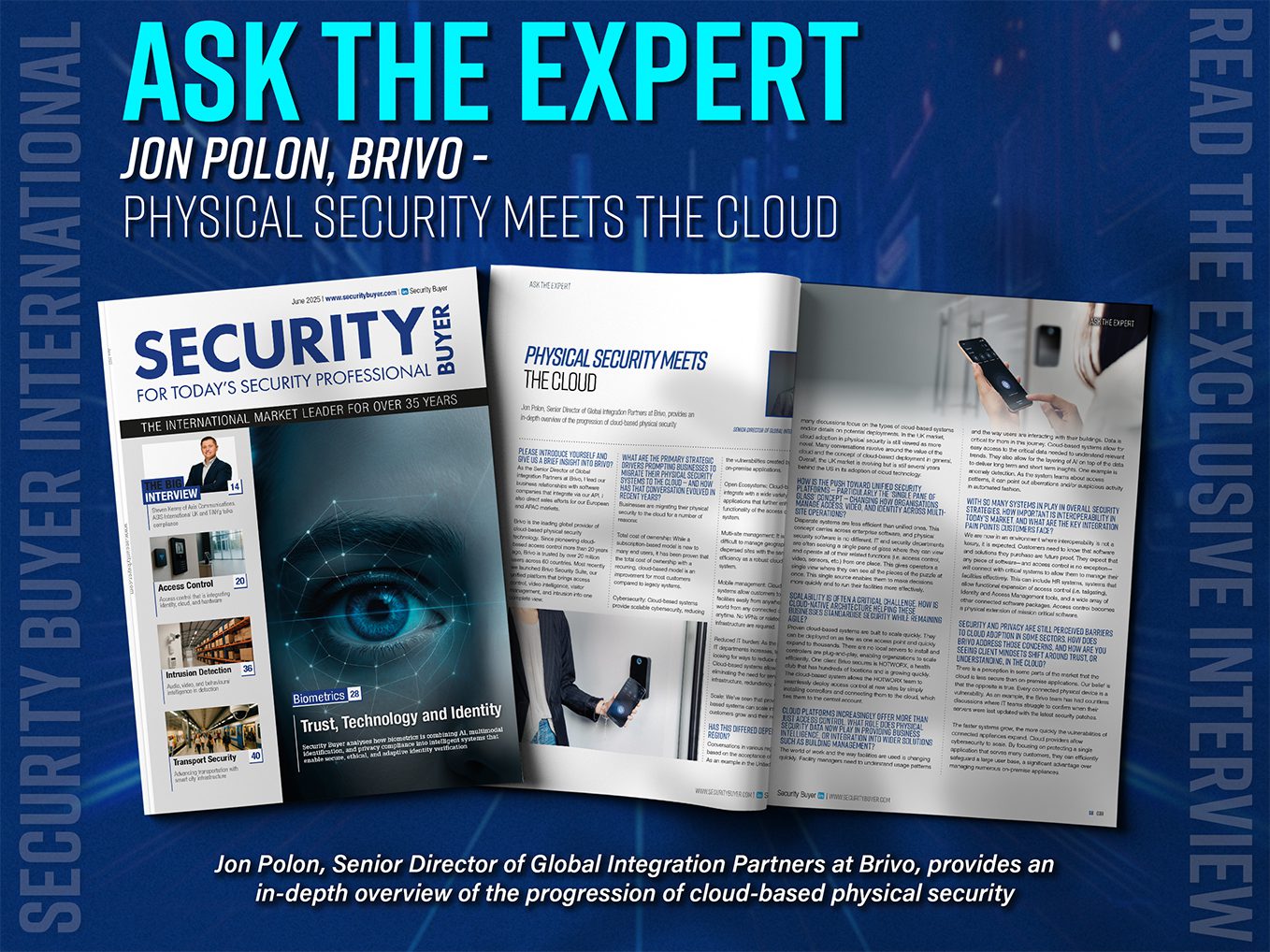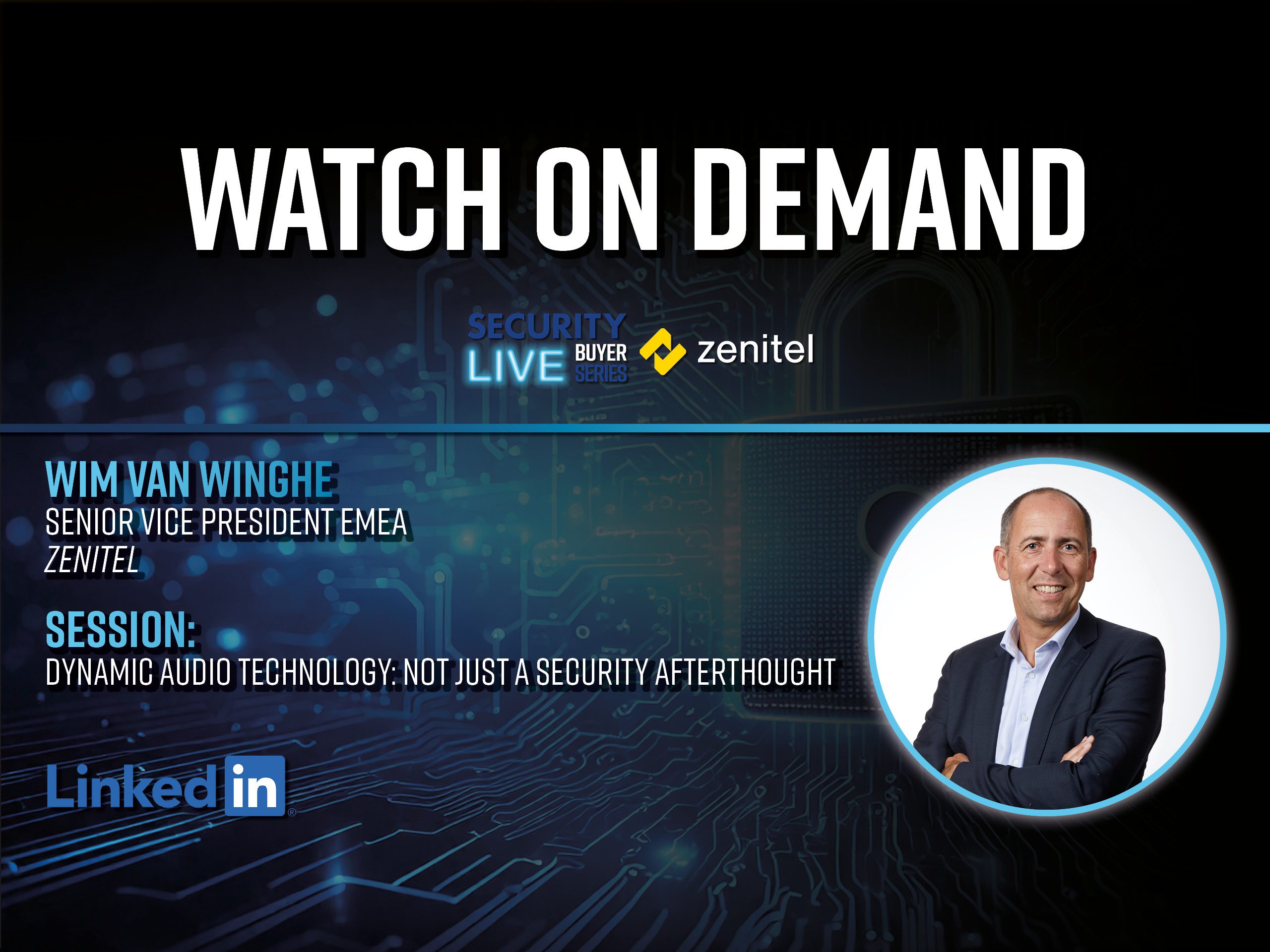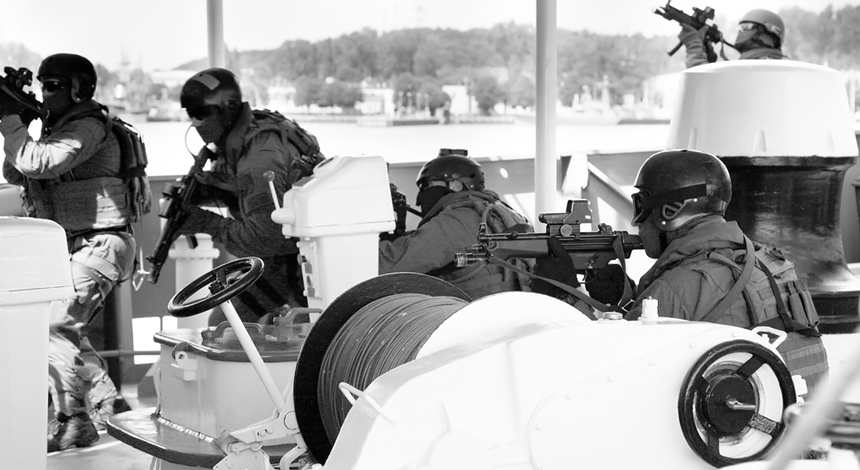
We began an investigation into the piracy situation in West Africa with Maritime Director of the Security Association for the Maritime Industry (SAMI), Steven Jones, last week with Part 1 here.
We conclude our discussion with Steven about piracy and the recent Maritime & Coastal Security Africa in Cape Town with the following.
Some of the main challenges facing the effective management of piracy in the Gulf of Guinea outlined at the conference in Cape Town included:
- Lack of capacity to detect or gather timely intelligence
- Lack of inter-operability and synergy among regional countries
- Inadequate capability and vessels
- Infrequent patrols
- Lack of training and equipment for boarding operations
Are there any other challenges you feel have not been raised and what does SAMI think needs to happen in order to being addressing these issues?
As stated previously, one issue which keeps appearing in debates is the fear that attack statistics are misleading. Such disquiet highlights the fact that without addressing the issue of piracy definitions, then any future reporting regime will ultimately suffer the same problems.
One of the most over-arching challenges seems to developing a better understanding of maritime threats and risks. So we perhaps see a need to the catch-all concept of “piracy”. It seems this is increasingly becoming redundant in its traditional sense.
While of course “piracy” has become synonymous with the notion of the unauthorised use or reproduction of copyrighted or patented material, pirates are no longer a uniquely maritime notion.
Indeed, even in the maritime legal sense the use of piracy as a definition can become skewed for political expediency. As a number of Greenpeace protestors faced charges of alleged piracy, it seems the word is bandied wildly about, and it is increasingly further away from the threat as shipping perceives it,
We can perhaps see understandable confusion developing, and perhaps it is time to reconsider, reclassify and ultimately reassess what is meant by the component parts of maritime crime.
While it is possible to keep piracy within UNCLOS, it would be beneficial to have a means of further drilling into the concept, breaking down attacks into armed attack, hijack, robbery, terrorism, kidnap, pilferage, fraud, vandalism, theft, political protest, etc. By doing this, it would be far easier for reports to be generated, and actual useable data to be generated.
It was claimed that the East African response to piracy relied on international assistance, while West Africa has seen a more regional response.
Given your detailed comments on SAMI’s involvement in addressing piracy in West Africa, do you feel this is fair? If so, or if not, why do you think this is, or why it is perceived that way?
It was perhaps far easier to see both the problems and solutions needed to keep ships safe from the Somali-based iteration of piracy.
With Somalia a “failed State” and attacks taking place in International waters, it seemed so much clearer cut – and the three pillar response of legal regimes, the military presence and the successes of private maritime security have made a real difference. Alas this has not yet been matched ashore, but there are some signs of progress.
As stated, West Africa is a different place, with different challenges and the solutions will need to be different too. It would seem fair to say that the focus will indeed be on regional agreed solutions rather than the international community cavalry coming to the rescue.
Perhaps one of the most concerning recent attacks saw the captain and chief engineer snatched from an offshore supply vessel in international waters within the Gulf of Guinea.
This is a form of kidnap for ransom “piracy” that is by no means new to the area, indeed the kidnapping of foreign oil workers on land and at sea reached a peak in the Noughties during the petro-insurgency waged by the Movement for the Emancipation for the Niger Delta (MEND) and other Delta militants. There are some who believe the offshore vessel attack bears many of the hallmarks of a MEND-style kidnapping.
While it may be too early to be able to assess whether the incident is a resurgence of old habits or the rise of a new piracy enterprise, it seems wholly possible we are seeing the remnants of the MEND insurgency turning their back on politics. Instead there are some who believe that we are seeing the “junior militants” of the early part of the century looking to the lucrative gains of criminality, having grown with a desire for money as much as a thirst for power. This is a very worrying development indeed, and one which may benefit from the historical lessons learned when dealing with criminal elements in the region.
Finally, what one key thing do you think needs to happen in both West and East Africa, on either a regional or international level, that will lead to more effective management of the unique piracy situations Africa is facing?
It would be almost impossible to wrap the unique piracy situations in Africa into neat and simple solutions – nice though it would be if we could.
Statistically the most effective protection and deterrent against pirates has been the use of armed guards. While this has worked very well off East Africa, the same process and approach is not possible off the West.
What we do need is to ensure that whatever security solutions are used, that they are based on agreed and recognised foundations, baseline deliverables and core requirements to be satisfied.
To truly deliver on the needs of all parties, maritime security solutions must be:
- Safe
- Legal
- Ethical
- Effective
- Pragmatic
Safe – While it may seem obvious, there are many issues to consider when safety and security are brought into potential conflict. Safety remains the number one priority, and any maritime security solutions onboard must be used, controlled or managed in such a way as to make them as safe as possible. Without safety there can be no security.
Legal – Legality in a maritime security context can be an occasional grey area, owing to the rapid changes, evolution and development. It seems the political and legal landscape has been playing catch-up in some regards, and this has clouded some issues.
Certainly, as a very minimum all contractual issues must be addressed, licenses obtained and clearances too. There is a minefield of legislation, international conventions and regulations to be navigated. While any use of weapons, or even non-lethal devices, must be conducted under appropriate and legal rules for the use of force.
Ethical – The concept of ethics within private security is a complex and divisive issue. Private maritime security providers must reflect the needs of the client and there are rightly pressures to act ethically too.
Security has to be whiter than white, and so ethics becomes increasingly important. It is imperative that PMSCs accept the responsibilities and obligations which come with the vital role of protecting life and property; preventing and reducing crimes; upholding the law; and respecting the human rights of all persons.
Effective – When it comes to security measures, they have to be effective and able to deliver on their promises. It is no good having equipment which will not perform as advertised, as this could place people and vessels at risk, while also undermining the other layers of security which are in place.
This is perhaps particularly relevant when it comes to new technology, and the uniquely harsh and challenging environment onboard ships.
Pragmatic – Pragmatism is perhaps an interesting concept – and one which does not always fit well within the constraints of having to be safe, legal, and ethical.
The very concept of pragmatism is focusing on deliverables, while remaining grounded in reality. While it is impossible to protect anything 100% and maintain its commercial viability there remains a constant trade-off between security and practicalities.
Maritime security does not exist in a vacuum, and so must fit into a complex regulatory framework, and work within and alongside demands such as Safety Management Systems and hours of rest. Without pragmatism and a sense of realism, security providers will lose the trust, respect and faith of the seafarers and likely the managers ashore – once lost it is hard to regain.
The fact remains that there is no “one size fits all” solution for piracy, terrorism, smuggling, stowaways et al. Applying the concept of a universal set of over-arching demands is a step forward. In following the “SLEEP” theory, there is a way of making sure the wider issues are addressed, ensuring that the specifics are built on strong foundations which can perhaps deliver on the security needs of the maritime community and wider shipping industry.
For more information about SAMI, visit the website http://www.seasecurity.org/.





















